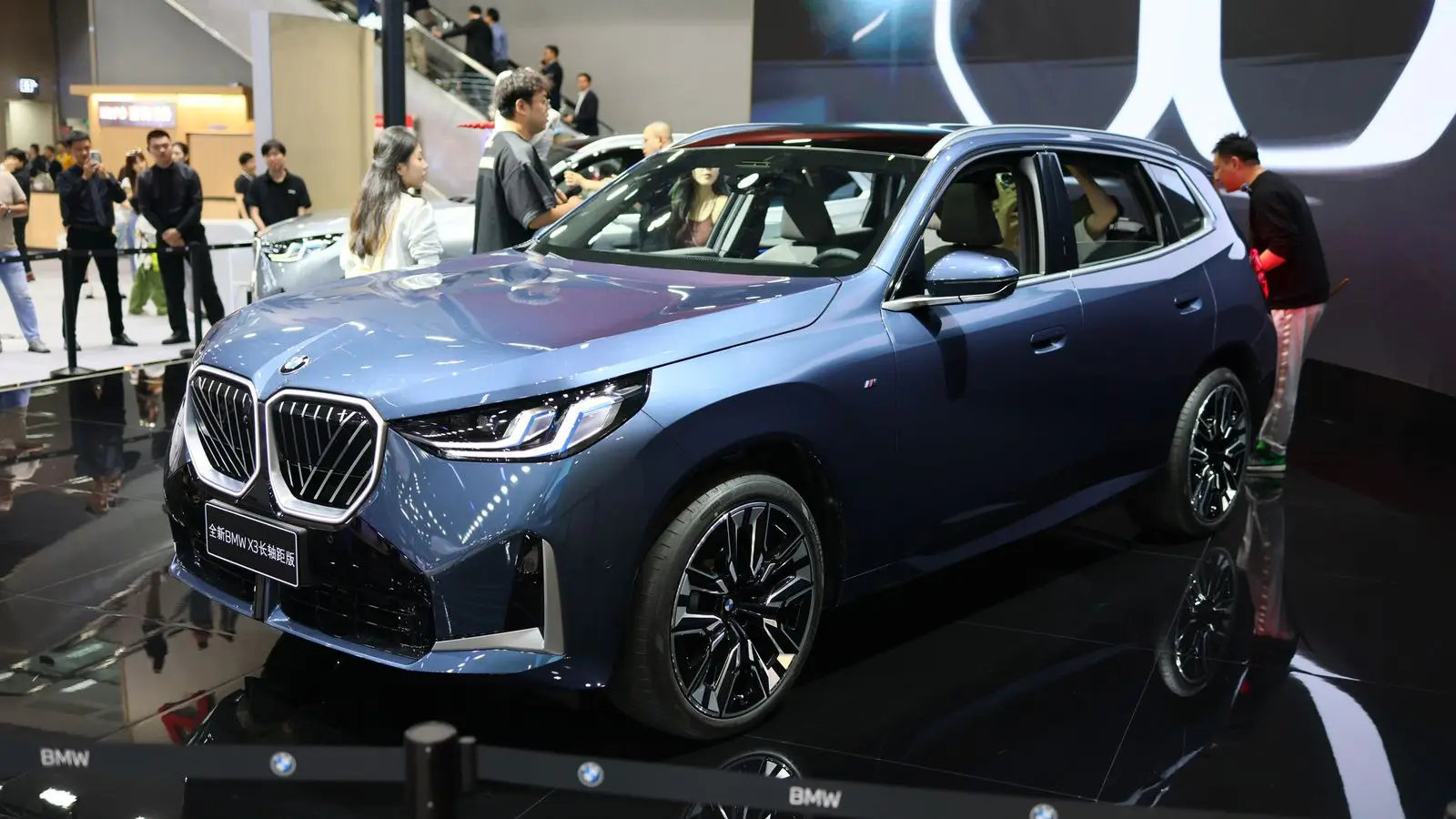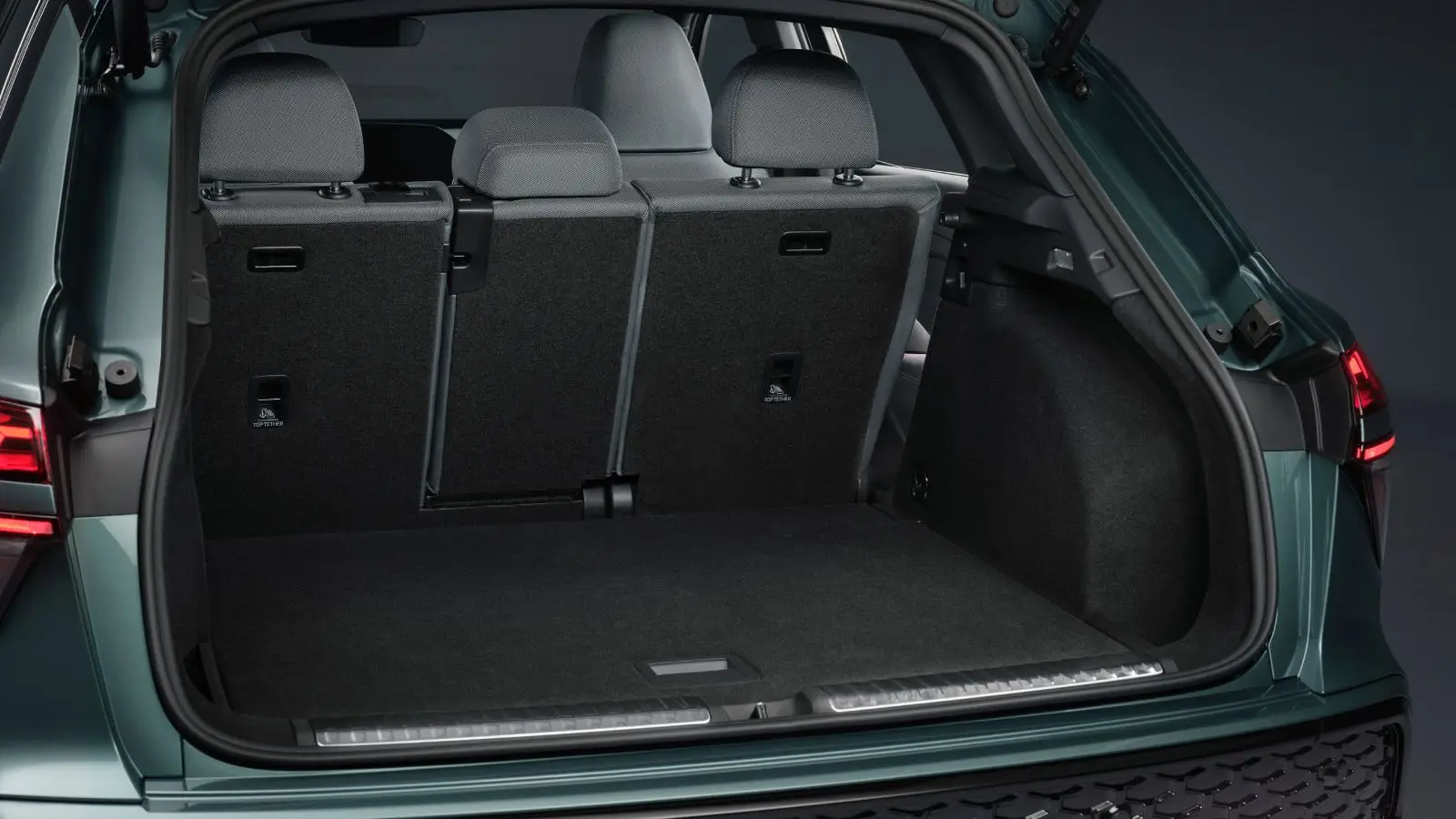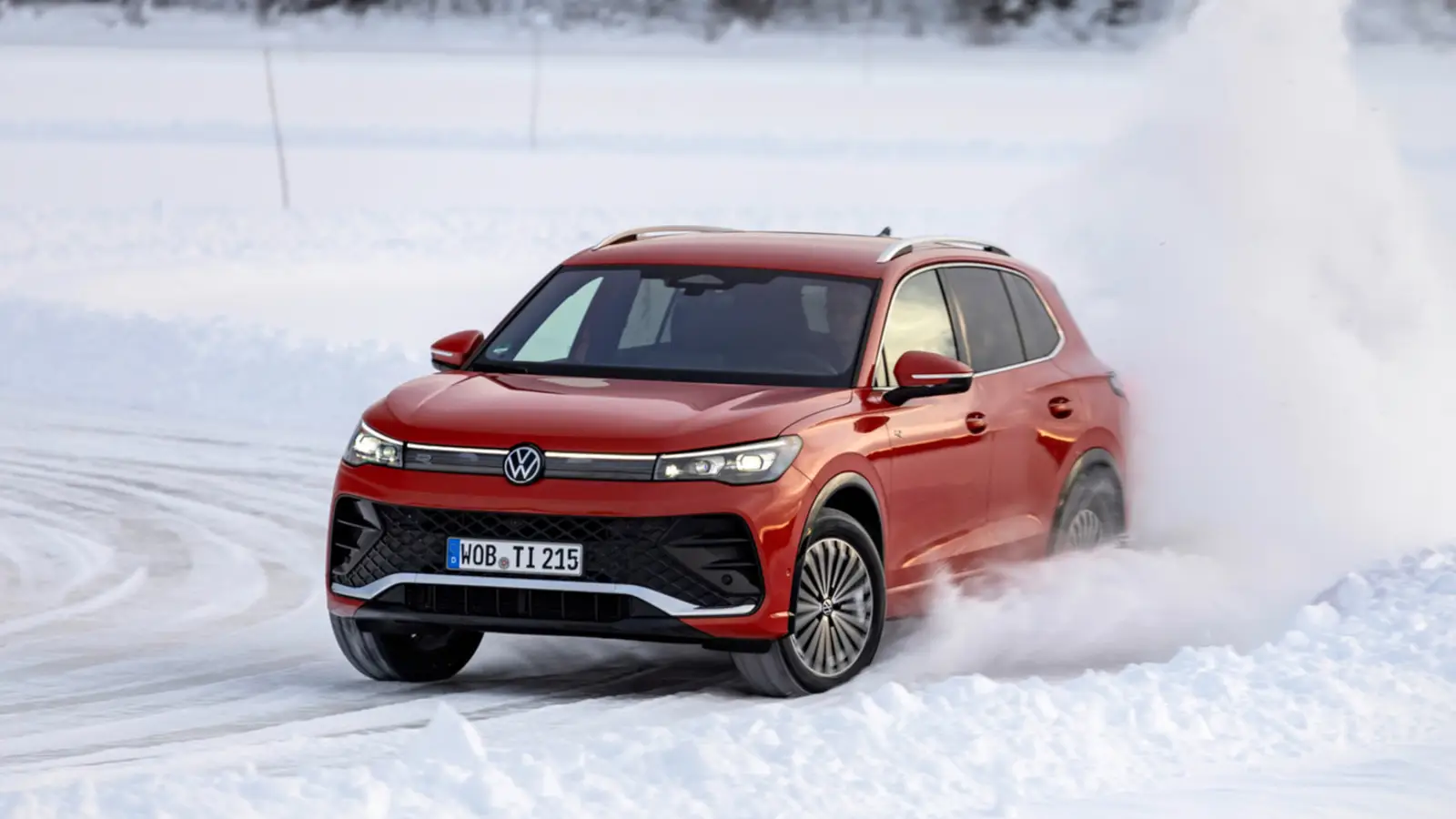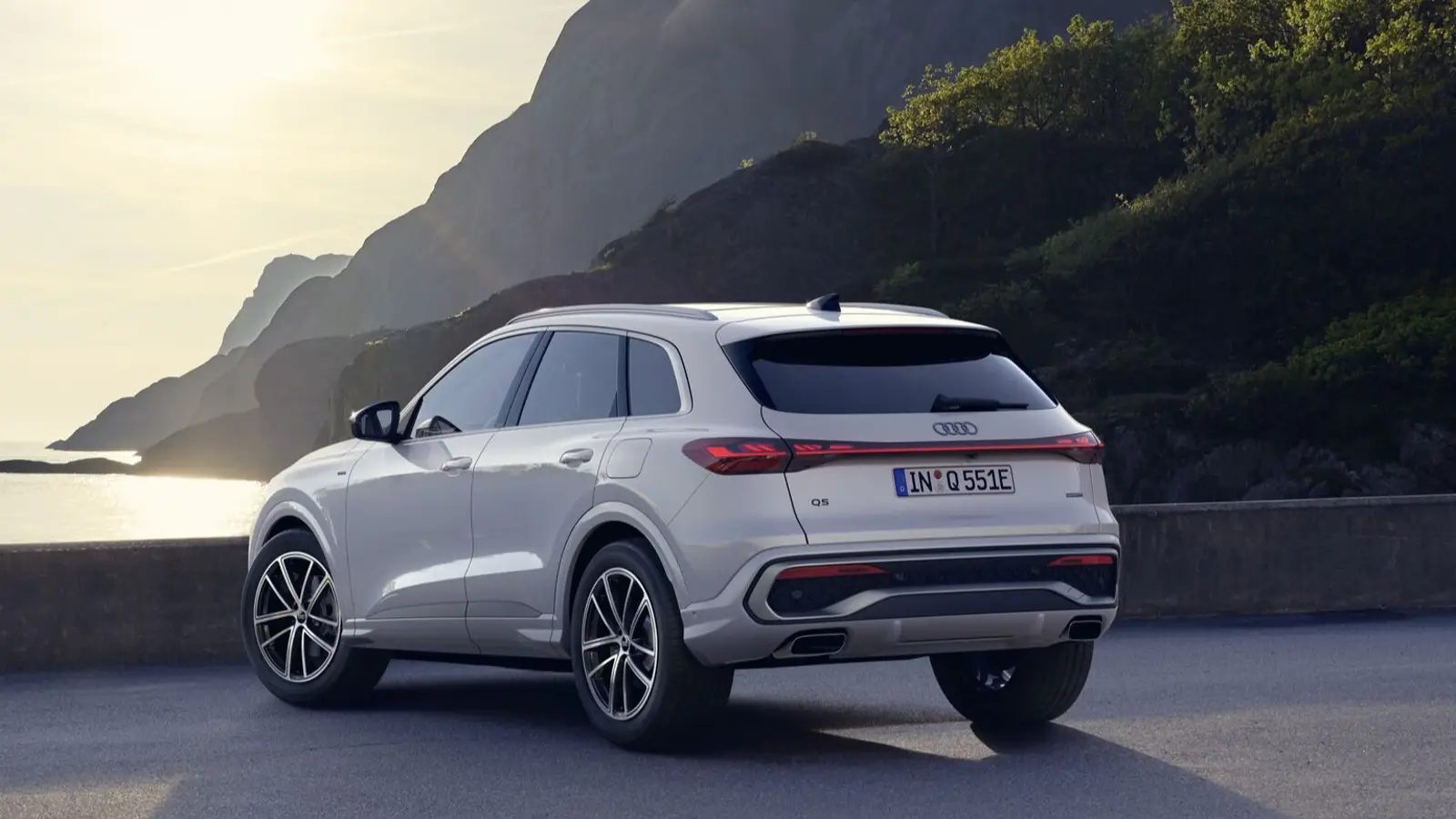Drivers Prefer Crossovers over Sedans: Space, Safety, and Trends

Drivers increasingly choose crossovers over sedans due to space, ride height, and safety perception. Learn why SUVs are reshaping the car market.
Not too long ago, sedans were the undisputed kings of the road. Sleek and efficient, they were the go-to choice for everything from daily commutes to long weekend drives. But the tide has turned. Today, more and more drivers are gravitating toward crossovers, while sedans slowly fade into the background. What's driving this shift? The answer is layered.

Let's start with space — a clear advantage for crossovers. Inside even a compact SUV, passengers enjoy more headroom and legroom than in the average sedan. Take the Ford Expedition, for example: with its seats folded, it offers up to 104.6 cubic feet of cargo space (roughly 2960 liters). In comparison, a sedan like the Dodge Charger maxes out at about 16 cubic feet. Add to that the ease of loading via a liftgate and it's easy to see why families and frequent travelers opt for SUVs.

Ride height is another factor. Drivers appreciate the elevated seating position that improves road visibility and provides a heightened sense of control. While this advantage is largely psychological, it significantly impacts how safe drivers feel. Statistically, SUVs also offer better protection in crashes — survival rates can be up to 50% higher than in sedans. But this comes at a cost: SUVs are far more dangerous to pedestrians, and studies show they are up to eight times more likely to cause fatal injuries to children in collisions. Plus, due to their higher center of gravity, SUVs are more prone to rollovers.
Despite these risks, SUV sales continue to surge. As of 2024, compact crossovers accounted for nearly 40% of the U.S. car market. Automakers are encouraging this trend by reducing sedan offerings and focusing on high-margin SUV models. Affordable crossovers in the $20,000–30,000 range deliver on both space and practicality, making them especially appealing to cost-conscious consumers.

Still, the shift has its critics. SUVs typically consume more fuel and contribute more to CO₂ emissions than sedans. They are also less environmentally friendly and pose greater risks to vulnerable road users. These issues are increasingly under scrutiny, particularly in discussions around future safety and emissions regulations.
So where does that leave the humble sedan? Some analysts believe hybrid and electric sedans could regain relevance by offering a balance of efficiency, affordability, and practicality. But for now, the crossover reigns. It meets the demands of the modern driver — combining space, perceived safety, and economic reasoning into one dominant package.
Allen Garwin
2025, Jun 19 17:48


